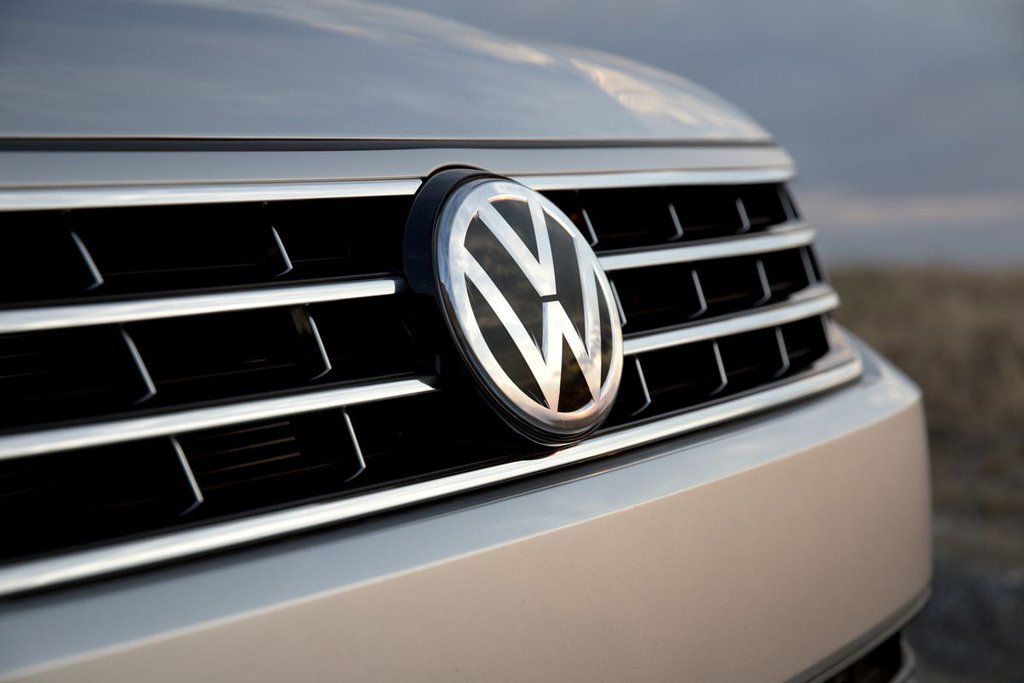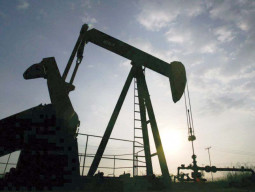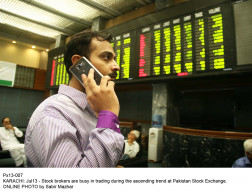
Higher unit sales and increased revenues in 2018 helped VW to a net profit 6% higher, at 12.15 billion euros ($13.7 billion), the group said.
But profit margins were squeezed as the group with its 12 brands struggled with new EU emissions tests -- introduced following its "dieselgate" emissions cheating scandal broke in 2015 -- and massive investments in the switch to electric.
The costs did not put bosses off doubling down on their battery-powered ambitions, saying they now plan 70 new electric models by 2028 rather than 50 and lifting sales targets by seven million to 22 million vehicles by the same date.
Volkswagen group plans to build 10 million e-cars in first wave
In 2018, "pressure on our profit margins grew, not least because of electric mobility," Volkswagen Finance Chief Frank Witter told business daily Handelsblatt.
Audi, Porsche and VW -- the group's best-known brands -- all suffered lower margins last year as the so-called WLTP emissions cycle slowed production and money started pouring into electric vehicles.
Flagship VW fell below the 4% floor executives had striven to hold.
In response, and to afford the 44 billion euros of investments planned by 2023, "we will have to make progress on efficiency and performance in all areas," Chief Executive Herbert Diess said.
December saw the group announce a three-billion-euro savings drive for its own-brand division on top of an existing restructuring, which is set to cost some 21,000 jobs worldwide.
Such plans are backed by major shareholders the Porsche-Piech clan, although the powerful head of the group's Works Council Bernd Osterloh has warned in recent days against reported plans to slash a further five to seven thousand posts.
"We will need to make job cuts, and achieving this purely through fluctuation and partial retirement will be difficult," Diess said on Tuesday.
Volkswagen says diesel scandal clean-up to cost €2b in 2019
Quirks in VW's governance structure mean worker representatives in Germany can make life especially tough for executives who fail to secure their blessing.
But bosses' eyes are turned towards competition from abroad, with Tesla in the United States and a slew of Chinese newcomers seeking to achieve an unassailable lead in electric vehicles, while Google and other tech giants have stolen a march in automated driving.
While VW has big plans for the future, 2018 saw the group notch up 3.2 billion euros in special items to cover costs relating to the dieselgate scandal that broke in 2015, when the firm admitted to manipulating millions of vehicles worldwide to appear less polluting.
The amount was the same as in 2017, with a sizeable chunk of the costs falling in Germany as VW paid a group-wide fine of one billion euros, while high-end subsidiary Audi had to forfeit 800 million euros.
Since 2015, legal costs, fines, buybacks and refits to affected cars have cost VW 29 billion euros, the group said -- with most of the cash flowing to the United States.



1731655243-0/BeFunky-collage-(61)1731655243-0-165x106.webp)













COMMENTS
Comments are moderated and generally will be posted if they are on-topic and not abusive.
For more information, please see our Comments FAQ